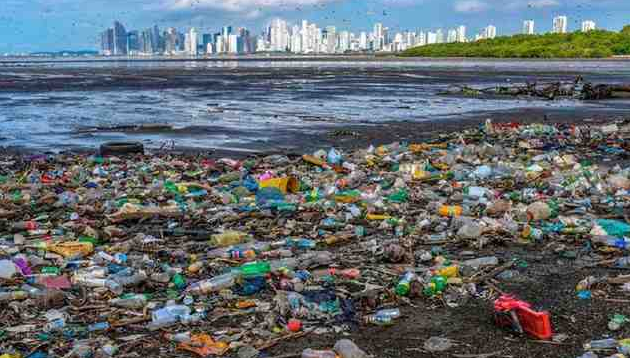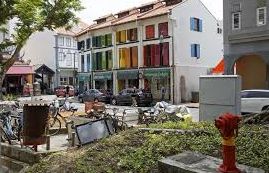New research links plastic burning to toxic smog in Delhi, shedding light on an unexpected source of pollution.
While plastic waste in oceans has long been a known environmental issue, new research reveals that plastic is also contributing to severe air pollution in Indian cities, particularly Delhi. For years, scientists were baffled by Delhi’s higher vulnerability to thick smogs compared to other polluted cities like Beijing. Recent studies suggest that tiny chloride particles in the air, which help water droplets to form and intensify smog, are a key factor.
These chloride particles are commonly associated with coastal areas due to sea spray, but Delhi and other inland regions in India contain much more than expected. Initially, researchers believed illegal factories around Delhi, which recycle electronics and use strong hydrochloric acid in metal processing, were the main sources of these particles. However, new findings point to another significant contributor: the burning of household waste, including plastics.
The burning of plastics, along with other waste, releases high amounts of chloride, contributing to roughly half of the smog events in Delhi. This discovery links the pervasive issue of plastic pollution not only to water bodies but also to the air we breathe, underscoring the widespread environmental impact of plastic waste.








